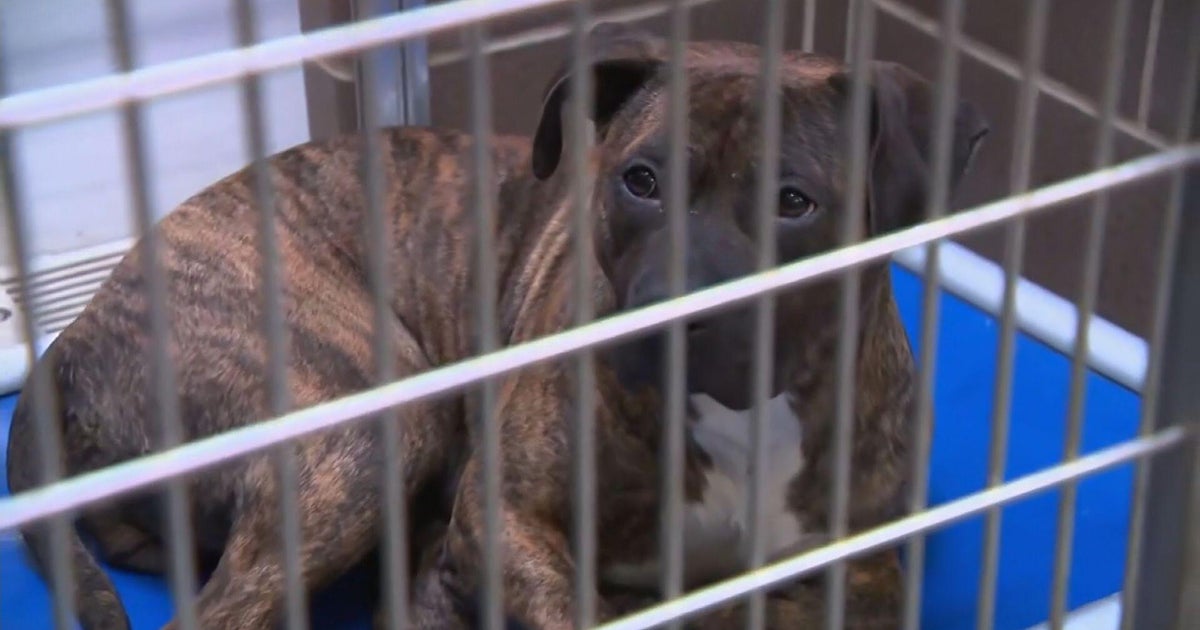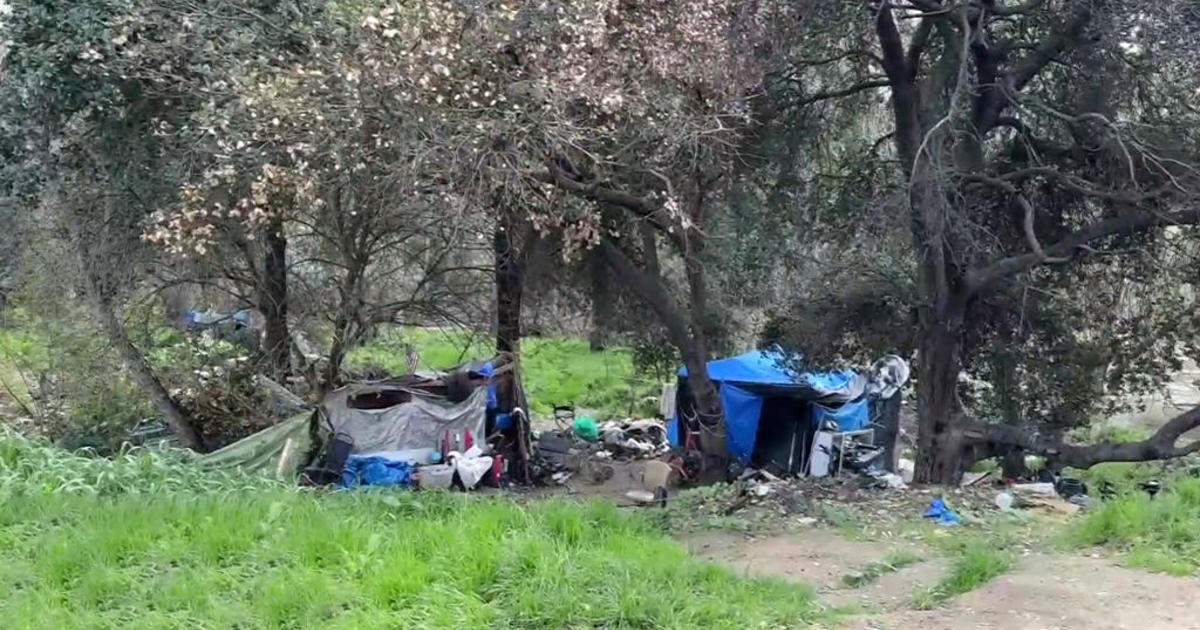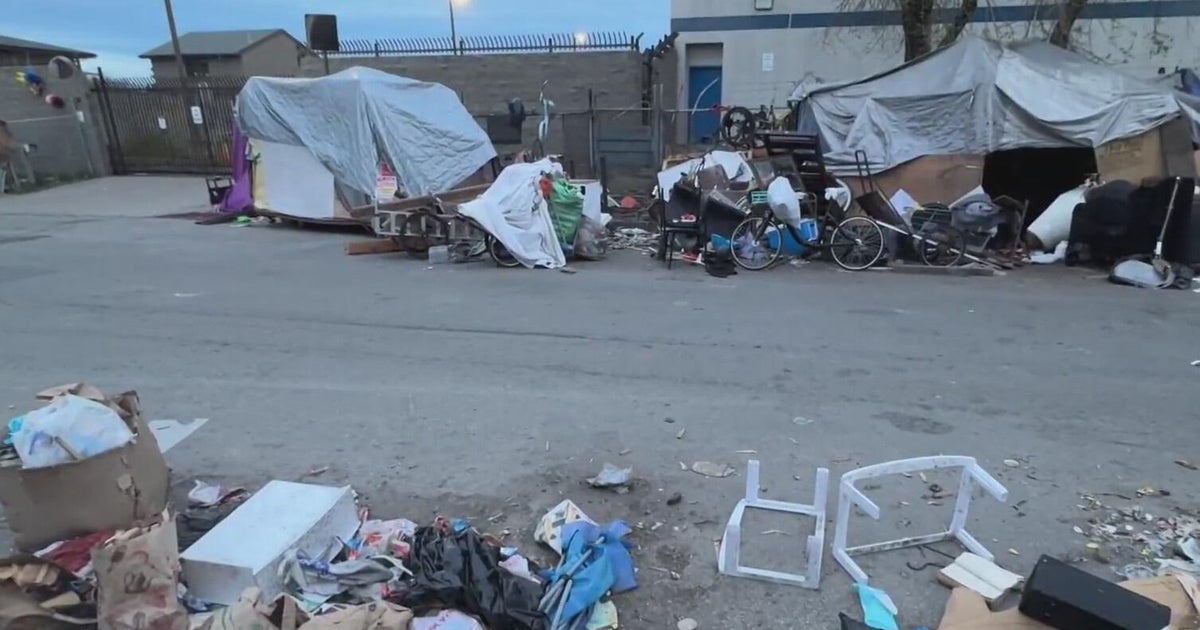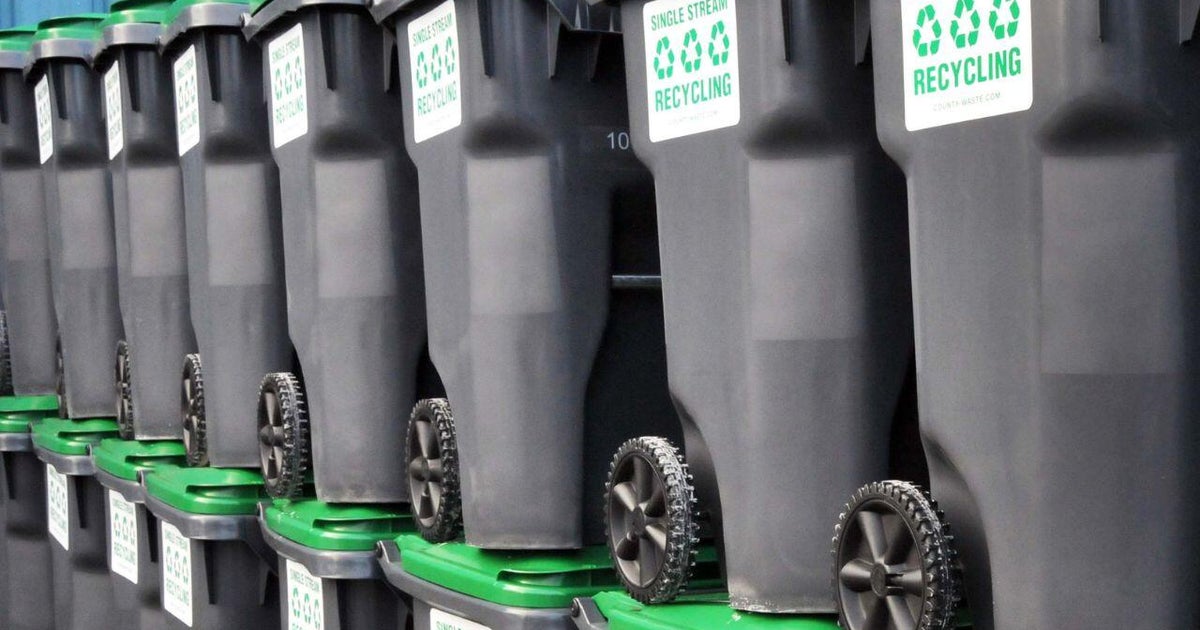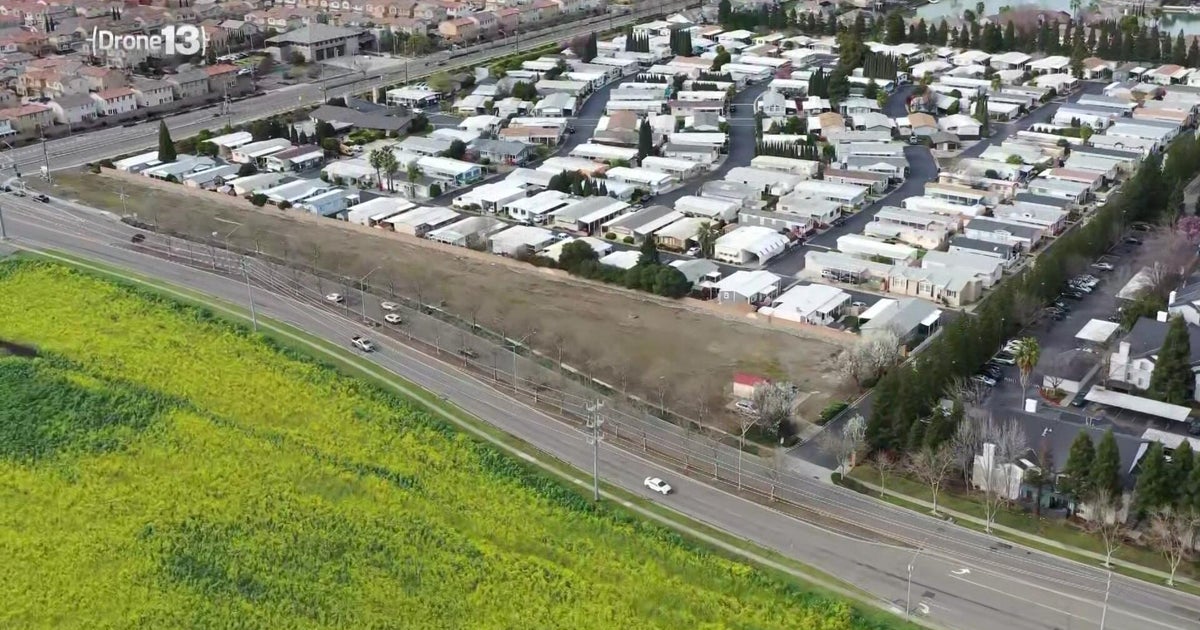Chicago migrants won't be guaranteed beds in shelters under new unified system coming in 2025
CHICAGO (CBS) -- More than two years after tens of thousands of asylum seekers started relocating to Chicago at the hands of the governor of Texas, officials will begin winding down the city's migrant shelters by the end of the year.
The changes come as city, state, and county officials plan to launch a new "unified" shelter system on Jan. 1, 2025, that would combine the city's migrant shelters with its traditional homeless shelters.
Dubbed the One System Initiative, the new unified shelter system announced by Mayor Brandon Johnson on Monday is designed to streamline how the city provides shelter and other services to both newly arrived migrants and long-term unhoused Chicagoans.
The shift to the new system begins this week. Starting on Tuesday, only migrants who have been in the U.S. for 30 days or less will be eligible for placement in one of the 13 migrant shelters across the city, according to the mayor's office.
The new system also will end the 60-day eviction policy at migrant shelters. Asylum seekers who are still in shelters when the new unified system takes effect on Jan. 1 will be allowed to stay.
"This will help to ensure that we have a single and equitable shelter system for anyone – an equitable shelter system for anyone experiencing homelessness. It will also eliminate shelter stay limits, and over time will provide more options for unhoused residents and families with children," Johnson said. "The goal of a one-shelter system … it's to eliminate a segregated system."
Starting Nov. 1, the designated "landing zone" for migrants will no longer stay open overnight, and will be open only from 8 a.m. until 8 p.m. The landing zone will close at the end of 2024, and anyone seeking a shelter bed, including migrants, must use the city's 311 system.
The move comes as the number of migrants arriving in Chicago has plummeted; and city, county, and state officials prepare to move toward a single "unified" shelter system for both migrants and long-term Chicagoans who are unhoused.
At the peak of Chicago's migrant crisis, 12 to 15 buses from Texas arrived daily, with the city forced to have migrants sleep on the floors of police stations and airports while they waited for shelter beds.
Since Texas Gov. Greg Abbott began sending migrants to Chicago and other so-called "sanctuary cities" in August 2022 to protest the Biden administration's immigration policies, more than 50,000 migrants have arrived in Chicago.
Border crossings from Mexico have dropped significantly since President Joe Biden implemented new restrictions on asylum claims over the summer, and Johnson said no buses of migrants have arrived in Chicago from Texas since last December.
As of Monday morning, only about 5,000 migrants were living in the city's shelters, down from a peak of about 15,000 at the start of 2024.
However, the city's new unified shelter system still might not have enough beds to house all migrants still in shelters.
The One System Initiative is designed to have a total of 6,800 beds for unhoused people living in Chicago, whether they're migrants or not. The city's Department of Family & Support Services currently has 3,000 beds in its homeless shelter system. The city plans to add another 2,100 beds, and the state will pay for another 1,700.
With the city's existing 3,000 beds for longtime Chicagoans who are homeless nearly full already, and approximately 5,000 asylum seekers staying in migrant shelters as of Monday morning, city officials acknowledged the new unified system might not have room for every migrant come Jan. 1 if they haven't found permanent housing on their own by then.
"Could this lead to people on the street? Look, I'll be remiss if I did not acknowledge the financial straits that we are experiencing right now, and the impact that that's going to have on this mission," Johnson said.
The mayor said the city's efforts to provide housing and social services to the unhoused is not the only initiative officials are straining to fund sufficiently.
"I don't want to see anyone lose, right? But the harsh reality is that we can do what we can afford. We've been stretched to the limits. This is why I'm working with our partners at the state to help us; but ultimately, the care has to come from the federal government, you all. I cannot emphasize that enough," he said.
Johnson thanked groups across the city that have stepped up to help asylum seekers in Chicago over the past two years, since Abbott began sending migrants to the city.
"This act was meant to destabilize Chicago; destabilize Chicago as a welcoming sanctuary city. We fought back and showed the world just how welcoming we can be," Johnson said.
The change to a unified shelter system, which eliminates major costs for the city, comes as Johnson faces a $982 million budget shortfall for next year, nearly double the spending gap he faced in his first year in office. The mayor is expected to release his 2025 budget plan on Oct. 30.
The city closed two migrant shelters in Pilsen and West Town on Oct. 1, and closed two other migrant shelters in the Loop and Hyde Park last week. The state plans to close another migrant shelter in the Little Village neighborhood on Nov. 3.
Johnson said, in the meantime, he will continue to fight for the federal government to speed up the work authorization process for asylum seekers, to help migrants find jobs and permanent homes. The mayor also blasted former President Donald Trump and Republicans in Congress, who he said are "being led by a freaking lunatic, who told them not to support substantive, comprehensive immigration reform, because he wants to prove a political point."
"He has worked to pit poor brown people against poor black people. Shame on him. You talk about a joker? It's Donald Trump," Johnson said.

